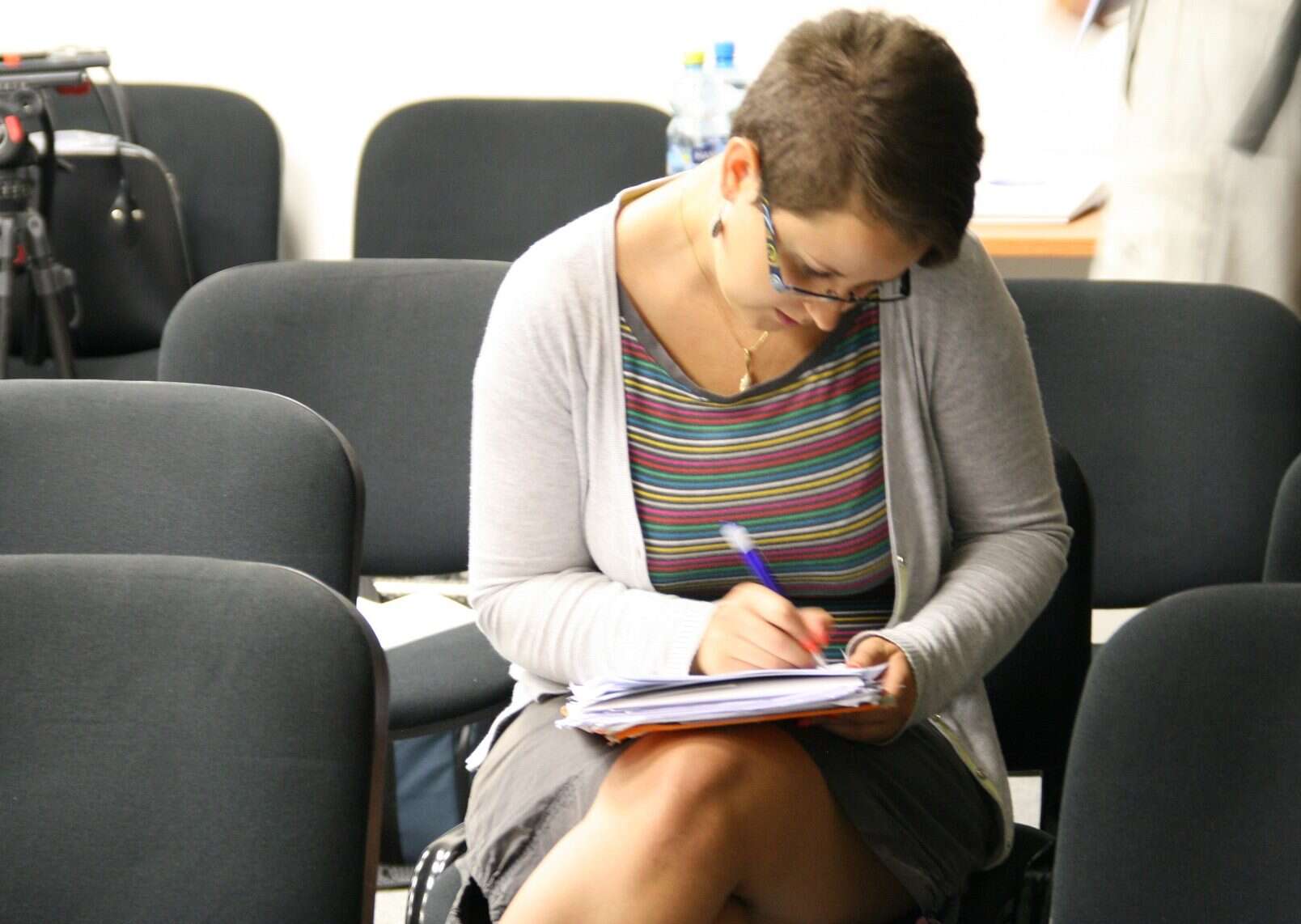
More than half of female journalists worldwide have experienced worsening gender inequality since the Covid-19 pandemic began, according to a new survey.
The International Federation of Journalists also found that three-quarters of female journalists have experienced more stress in the past four months.
The June survey of 558 journalists from 52 countries, including 21 from the UK and 13 from the US, revealed that 56% thought Covid-19 had increased gender inequalities in the industry.
Some 62% said it had mainly worsened in terms of the balance of private and professional life, while 46% said it related to their responsibilities, 27% pointed to salaries, 24% said it related to the topics covered by female journalists, and 18% linked it to promotion prospects.
The IFJ said most of the respondents agreed that economic strategies are needed to achieve gender equality in a post-Covid world, including more funding, better salaries and more opportunities for career advancements.
The survey revealed how changes to working during the pandemic have affected female journalists’ mental health, with 78% saying their stress levels have increased because of the pandemic compared to just 9% saying they are less stressed.
The causes of their stress include having to manage multiple duties while working from home (56%), fear regarding the pandemic (43%), loss of work or income (42%) and lack of childcare (17%).
Many of the women called for more flexible working hours and breaks and for employers to provide more adequate working equipment such as internet bandwith if working from home is going to continue for some time.
Just under two-thirds (61%) said they had been provided with specific protocols for working at home.
A journalist from Spain said: “In every heterosexual couple I know the woman has borne the brunt of the situation.
“Women are working from home, juggling childcare and educating children alongside their job. Some have taken reduced hours to cope with this, others have had to risk their vulnerable parents’ health for childcare instead of the father taking on anywhere near half of these duties.”
Additional reasons for added stress included isolation and solitude, a bigger workload, and not having enough communication with colleagues.
It comes after another study which found a “significant” number of journalists reporting on the pandemic appear to be suffering signs of mental health issues including anxiety and depression.
IFJ Gender Council Chair Maria Angeles Samperio said: “Media and unions must do much more to tackle gender inequalities and take into account the conciliation of work and private life in these turbulent times.
“They must hear the calls from women who have been deeply affected by stress during Covid-19 and respond to it. It is time to set up proper teleworking policies, ensure support is provided to women as family careers and provide decent work and equal pay.”
Two thirds (68%) of the women surveyed said they fear gender equality strategies in the industry may be impacted as funding is reprioritised, with one saying: “Cutting funds always leads to more inequality, along gender, race, and class lines.”
Others said that women are the “first to pay where there are cuts”, that women “will be excluded because they often have to take care of their children”, and that men are considered “more productive (and more flexible) so they will be fired less than women”.
The survey also found an increase in online bullying and harassment at work – 48% experienced it before the pandemic and 18% said it has got worse since.
As well as trolling and personal attacks ranging from petty harassment to death threats, some of the journalists said their boss had been making sexual jokes on their work Whatsapp group or bullying them on the phone.
Nadine Hoffman, deputy director of the International Women Media Foundation, warned last year that journalists around the world need to take threats against female colleagues “much more seriously because they are driving women out of the news industry”.
Picture: Pixabay/ Ivana Divišová
Email pged@pressgazette.co.uk to point out mistakes, provide story tips or send in a letter for publication on our "Letters Page" blog






